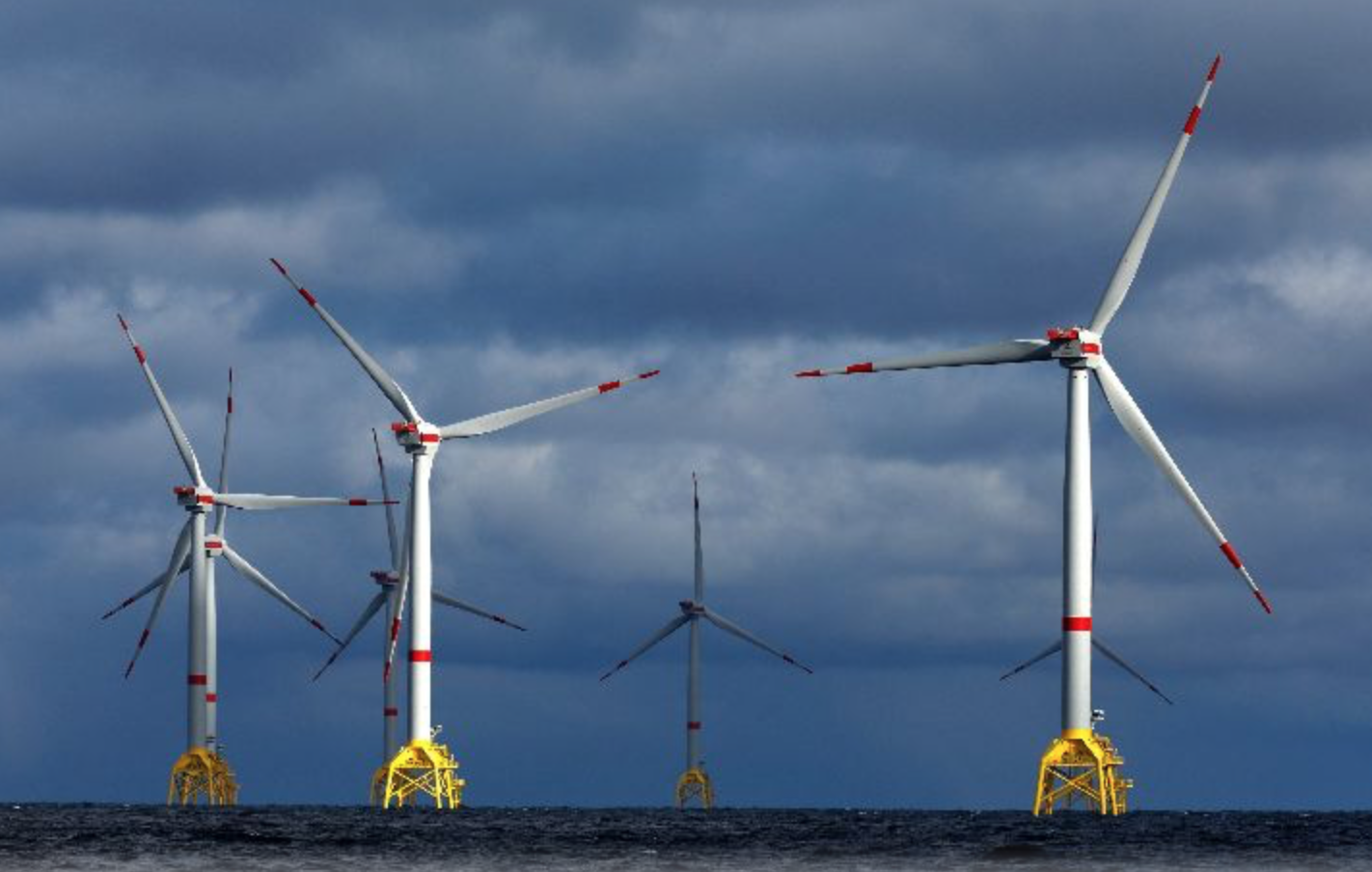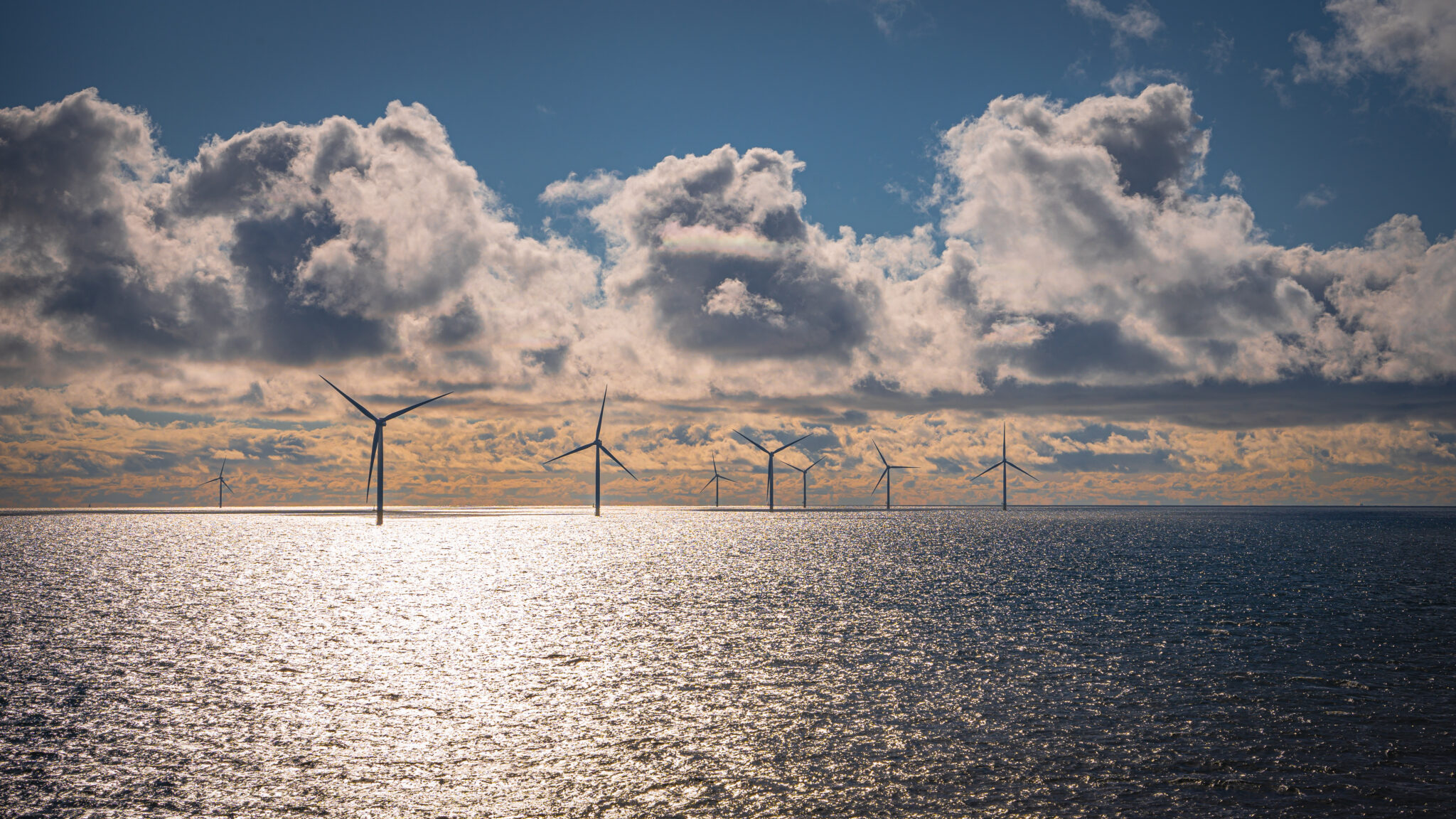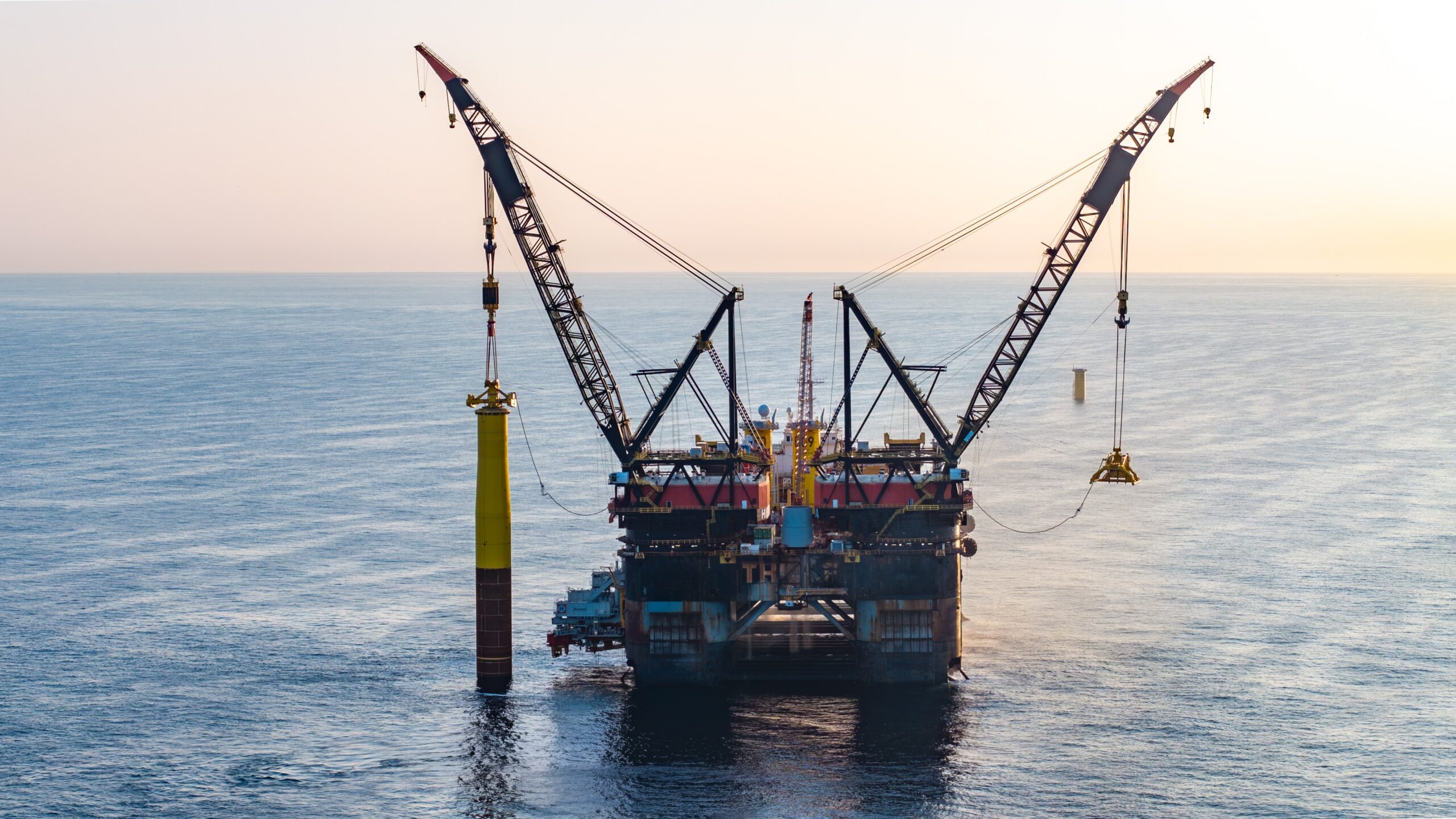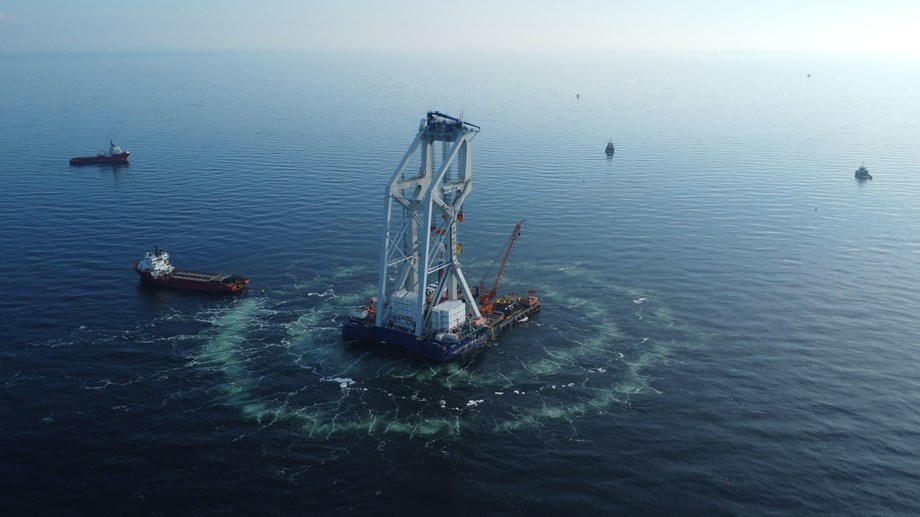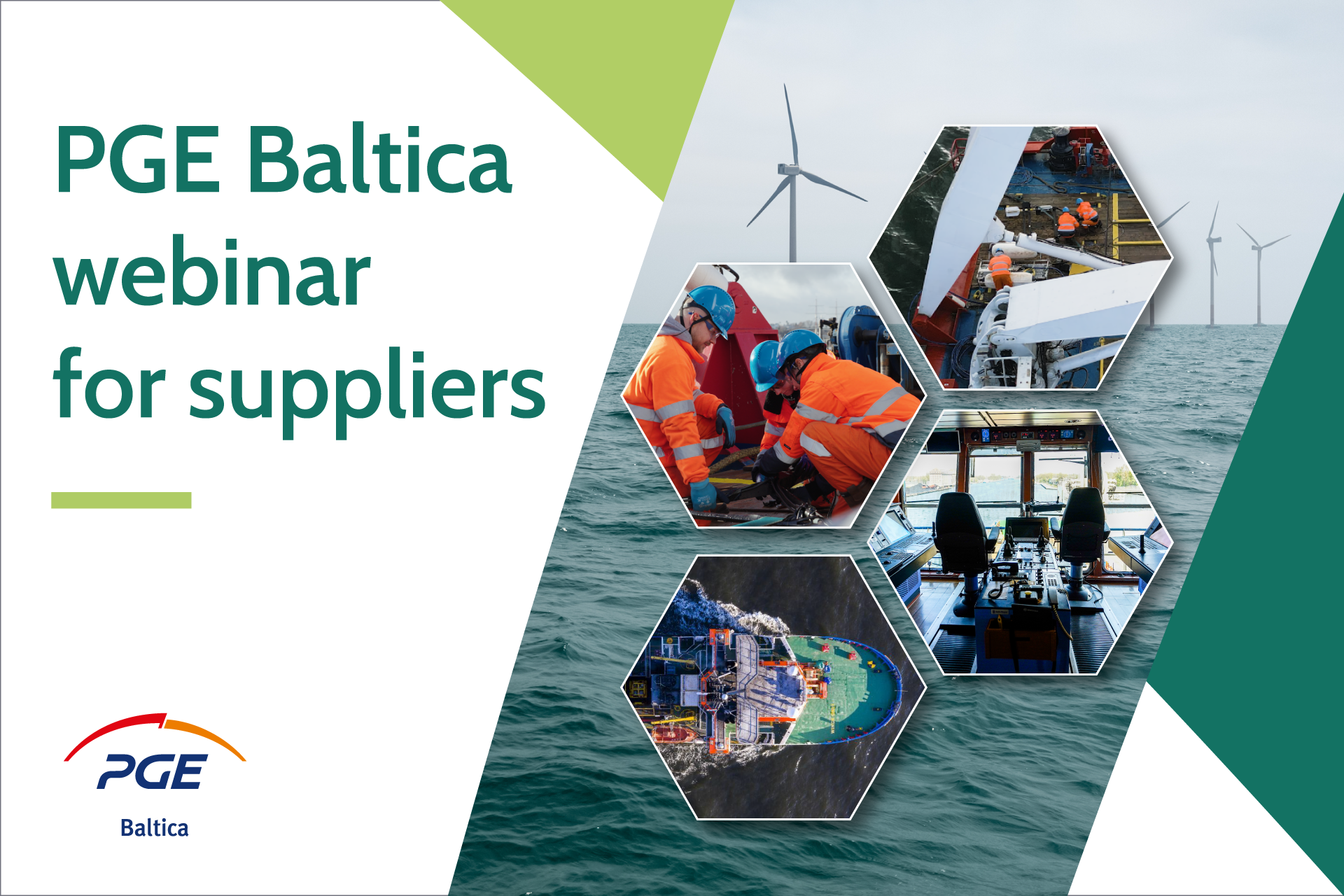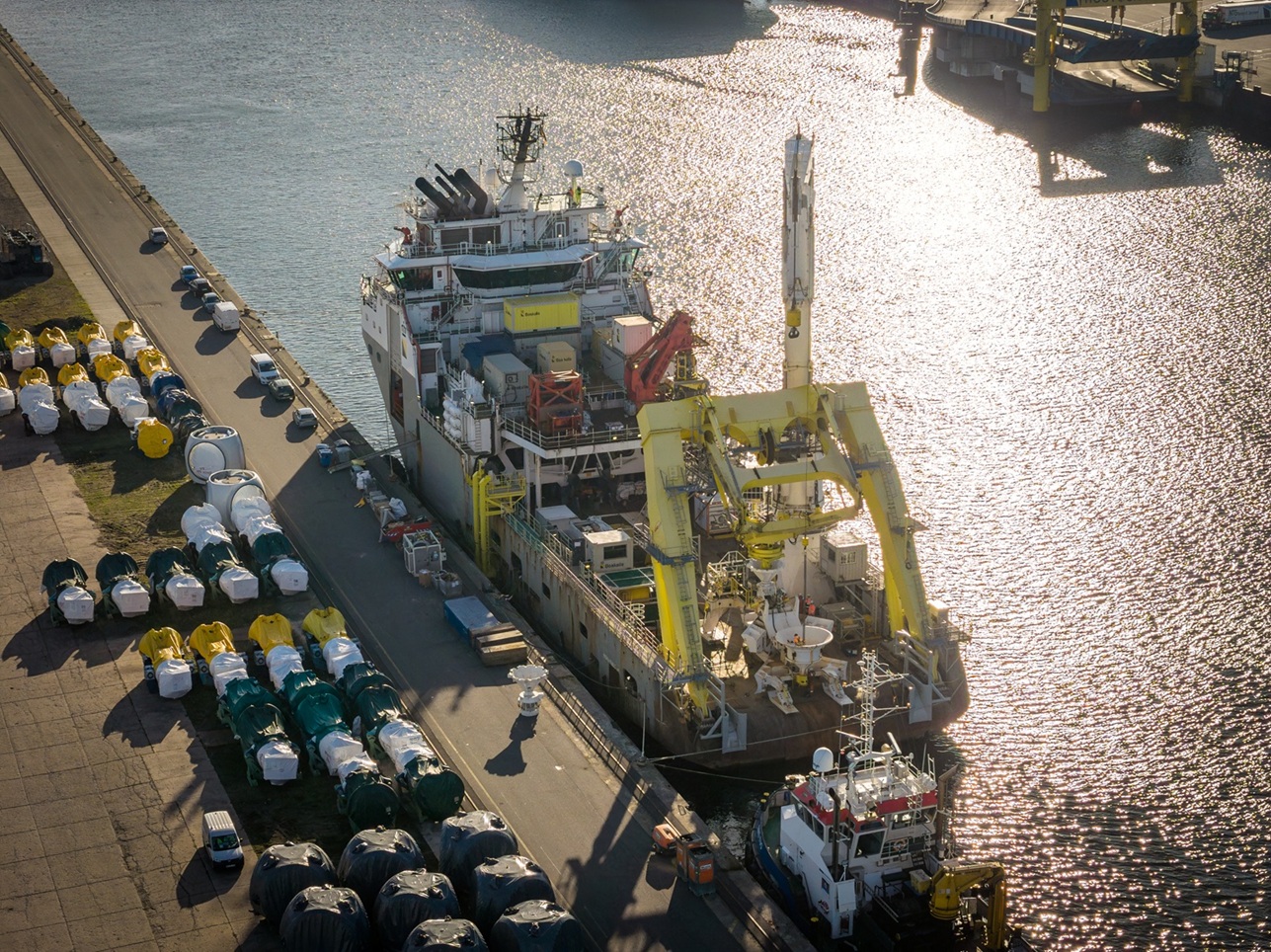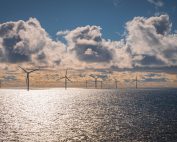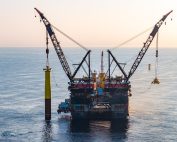The Iberdrola group continues to make progress in the construction of the Baltic Eagle offshore wind farm, the second major site of this technology that the company is developing in the Baltic Sea (Germany).
The project has reached a new milestone with Windar having completed 90% of the manufacturing work on the 50 transition parts of the wind farm, which will join the wind turbine towers to the foundations. This work, which is being carried out at Windar’s facilities in Avilés, will involve 1.3 million hours of work, the equivalent of 800 jobs. Some 30 suppliers of the Asturian company in Spain are participating in the process, including steel production companies, components, equipment, testing and auxiliary machinery.The production of these parts – each of which is 15 metres high, 6.5 metres in diameter and weighs 240 tonnes – will continue until the end of this year.
THE LARGEST OFFSHORE WIND POWER COMPLEX IN THE BALTIC SEA
With a capacity of 476 MW, Baltic Eagle will have 50 wind turbines with a unit capacity of 9.53 MW on monopiles, for an annual production of 1.9 TWh, enough to sustainably meet the demand of 475,000 households and avoid the emission of almost one million tonnes of CO2 into the atmosphere each year.Baltic Eagle represents the second major offshore wind initiative promoted by the Iberdrola group in Germany, following the commissioning of the Wikinger offshore wind farm (350 MW) at the end of 2017. The company is also developing another offshore facility in Germany: Windanker (300 MW). These three renewable facilities, located next to the island of Rügen, will give rise to the largest offshore wind complex in the Baltic Sea, with a total installed capacity of 1,100 MW and a combined investment of approximately 3.5 billion euros.Baltic Eagle and Wikinger, with a combined capacity of 826 MW, will become the heart of the Baltic Sea Hub, a renewable hub in the Baltic Sea that will act as an epicentre for offshore and onshore wind services. They will be able to produce enough energy to cover 45% of Mecklenburg-Western Pomerania’s total electricity consumption and will save 1.65 million tonnes of CO2 per year.
Source: Iberdrola
